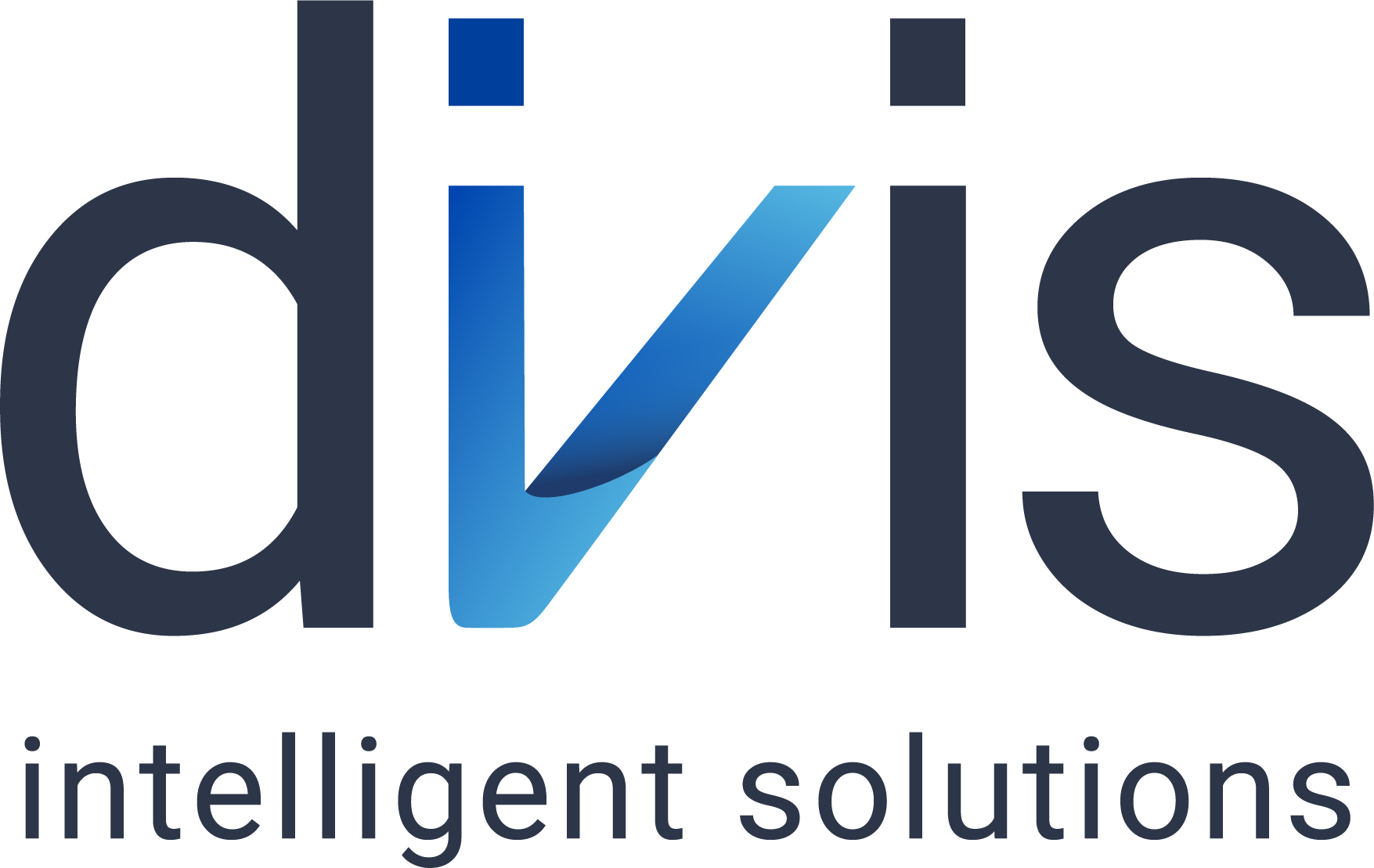Frequently asked questions and answers
Here you will find helpful information on the most frequently asked questions about our services and software solutions
General Questions
Yes. Data are processed either on-site at the customer’s premises or, if agreed upon, transmitted securely using end-to-end encryption. Divis handles data strictly within the scope of the respective project. Divis is not a data broker and does not use customer data to train proprietary systems. We comply with all applicable legal security standards, and our software is developed entirely in-house. For more details, please refer to our Privacy Policy.
Divis leverages sensor data, anomaly detection, and real-time analytics to identify potential failures early and predict optimal maintenance windows. The ClearVu Suite helps reduce downtime, optimize spare parts inventory, and increase asset availability—from pilot phase to full-scale rollout.
Step 1: Data & Sensor Audit (signal types, sampling rates, historical data)
Step 2: Use Case & KPI definition (e.g., Mean Time Between Failures – MTBF, downtime)
Step 3: Feature Engineering & Model Development
Step 4: Pilot deployment on a selected machine or production line, including monitoring
Divis provides end-to-end consulting—from data acquisition to production-grade deployment.
By implementing standardization practices such as MLOps (Machine Learning Operations), CI/CD (Continuous Integration/Continuous Delivery), modular architectures, quality gates, security reviews, and clearly defined operational SLAs. Proven models and artifacts from the PoC phase are hardened and transitioned into scalable services. Divis supports the entire lifecycle—from architecture and operations to change management.
Key considerations include data protection (GDPR), audit trails, traceability, and non-discrimination (EU AI Act). Divis, ISO 9001 certified, advises clients on policy frameworks and documentation. The ClearVu Suite offers comprehensive ML documentation capabilities for parameters, decisions, and versioning—critical for audits and compliance
AgenticAI
AgenticAI refers to systems composed of autonomous AI agents that pursue defined goals, make decisions, and execute tasks based on policy frameworks. In industrial settings, they optimize processes such as maintenance planning, quality control, and inventory management using real-time data. Prerequisites include clean processes, available interfaces, and high-quality data. Divis begins with a process/data assessment and maps value-adding steps to suitable agents.
An AI agent is an autonomous software component that uses AI techniques to gather information, perform analysis, support decision-making, or execute actions, ranging from research and reporting to real-time production control and logistics. Through the ClearVu Suite’s Python SDK, Divis provides agent modules for anomaly/pattern detection, AutoML (Automated Machine Learning), and optimization.
Success depends on data quality, a well-defined business case, interdisciplinary teams (domain experts, OT, IT, data science), MLOps maturity, security & compliance, and effective change management. Divis supports clients from initial workshops to international rollouts.
Technologies
Software
Have more questions?
We’re here to help!
Have more questions?
We’re here to help!
